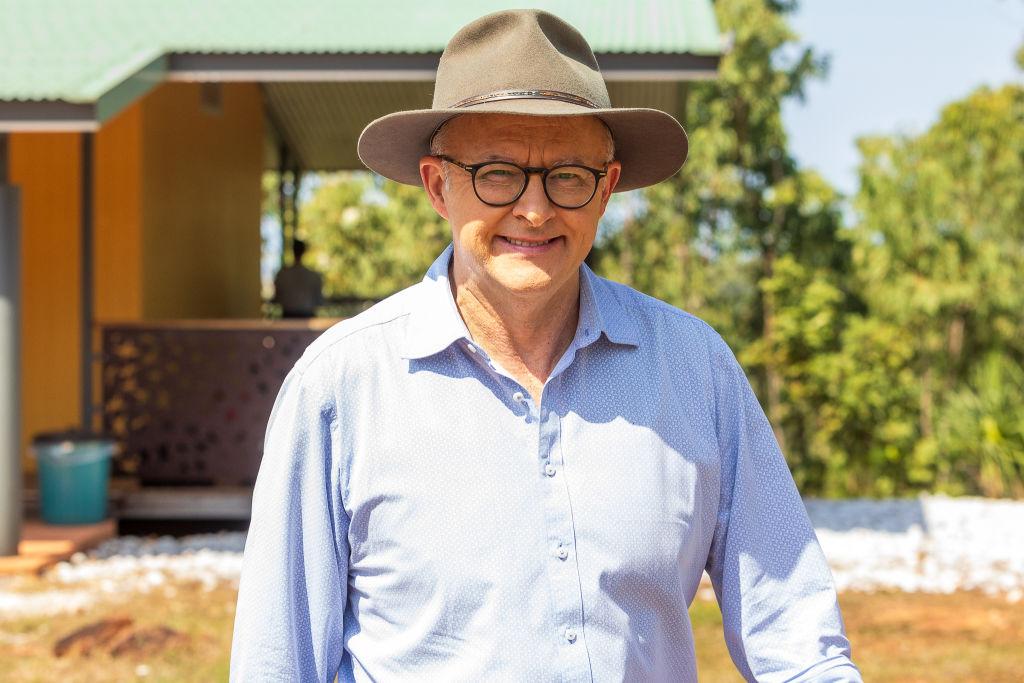Commentary
On July 30, Australian Prime Minister Anthony Albanese used an address at an Indigenous Festival in the Northern Territory to reveal the referendum question which may be put to the Australian people to enshrine the Voice in the Constitution. Although it is still a draft referendum question, it gives an insight into the thinking of the government on this contentious issue.





